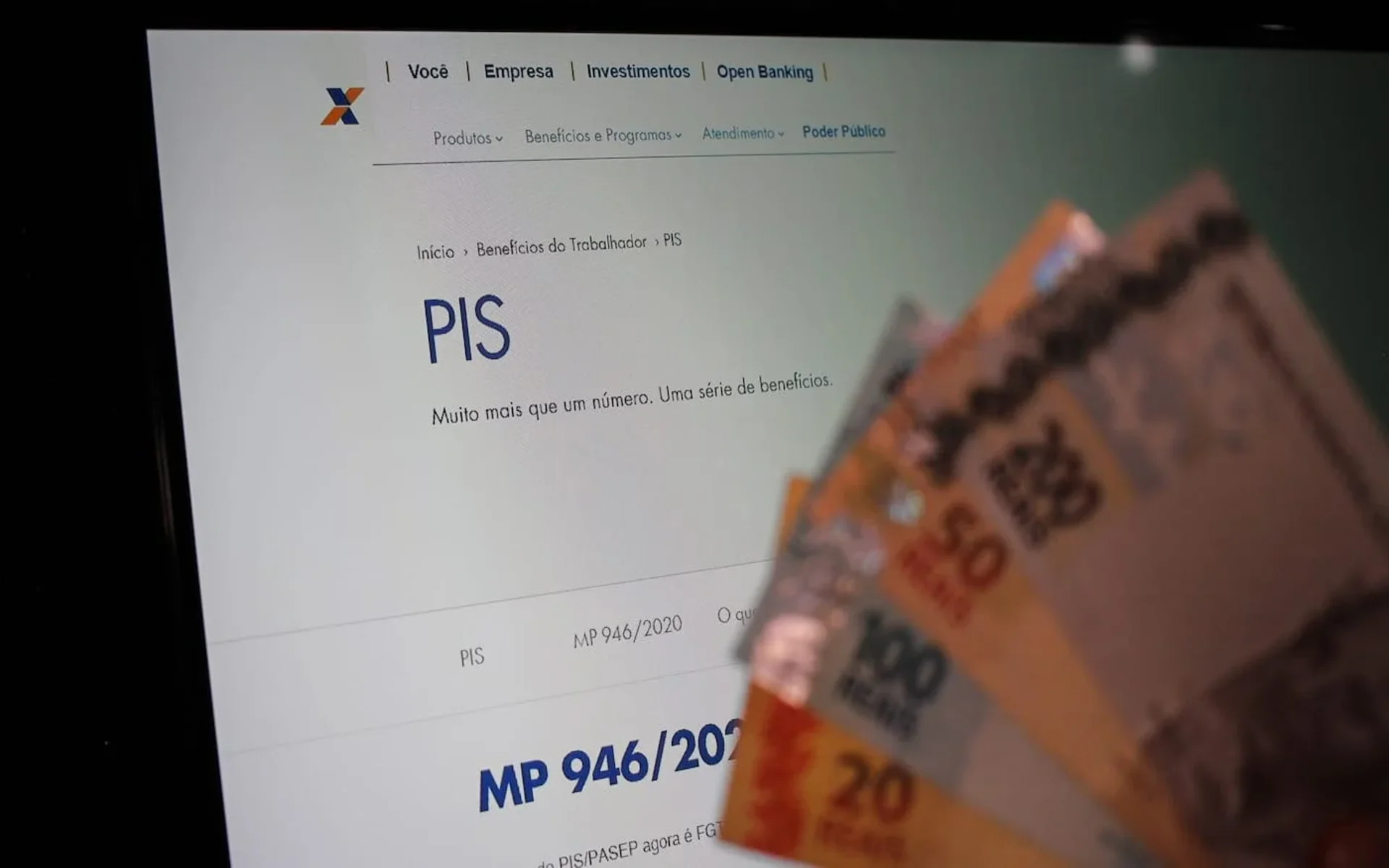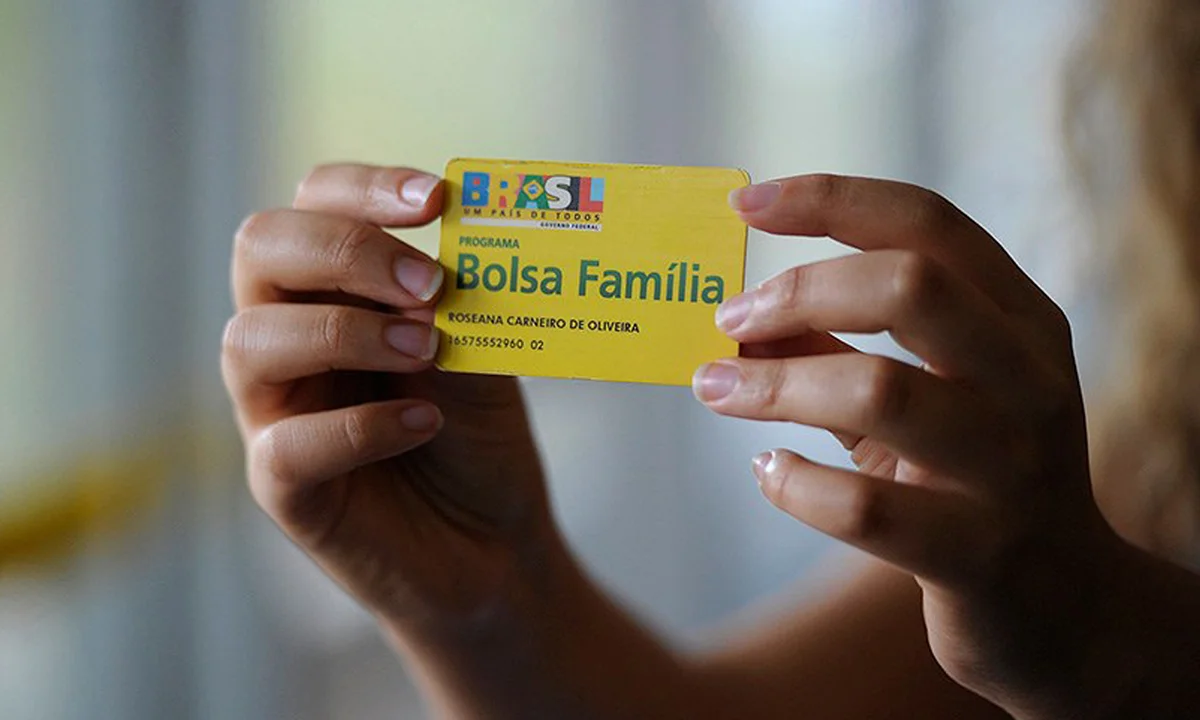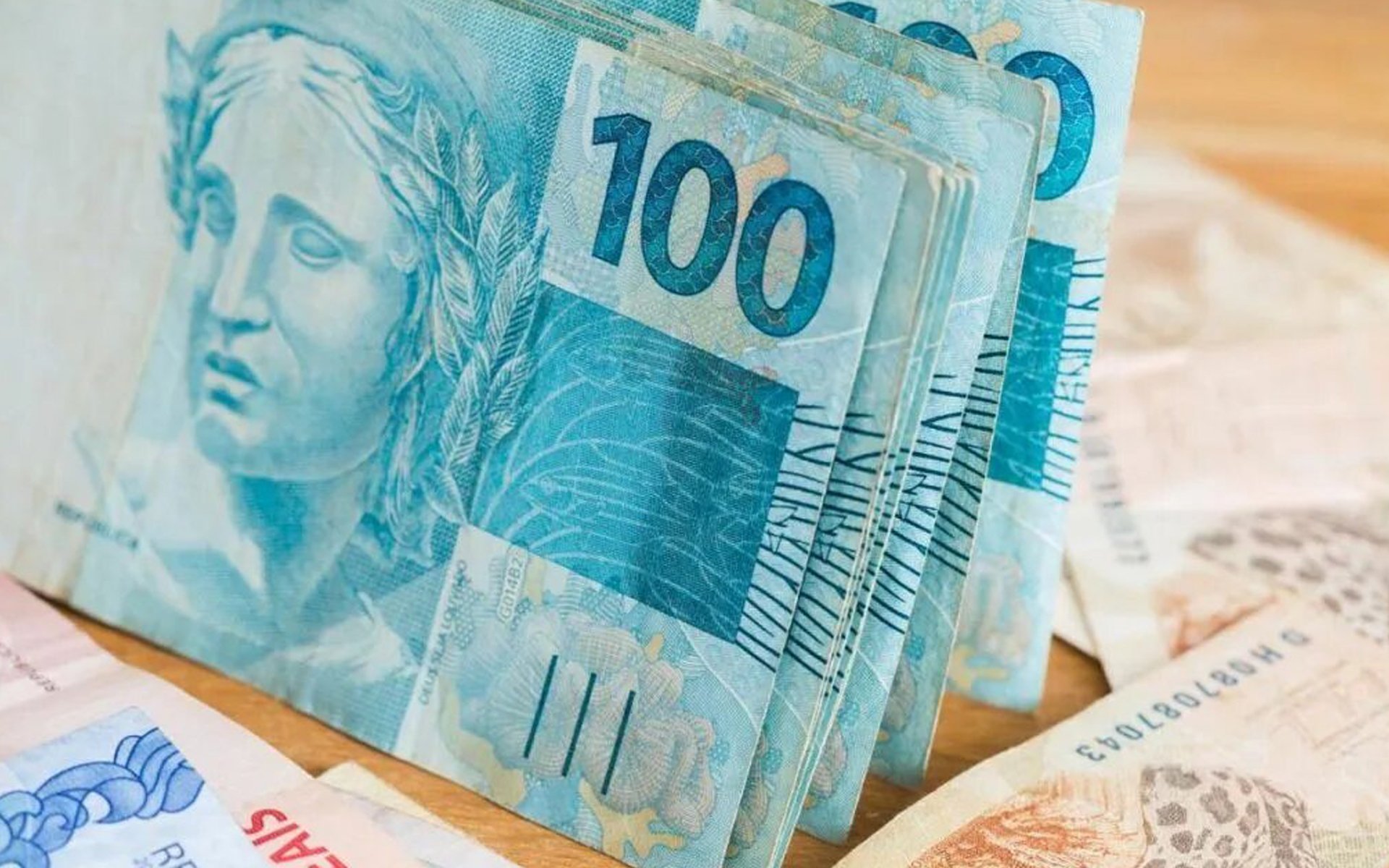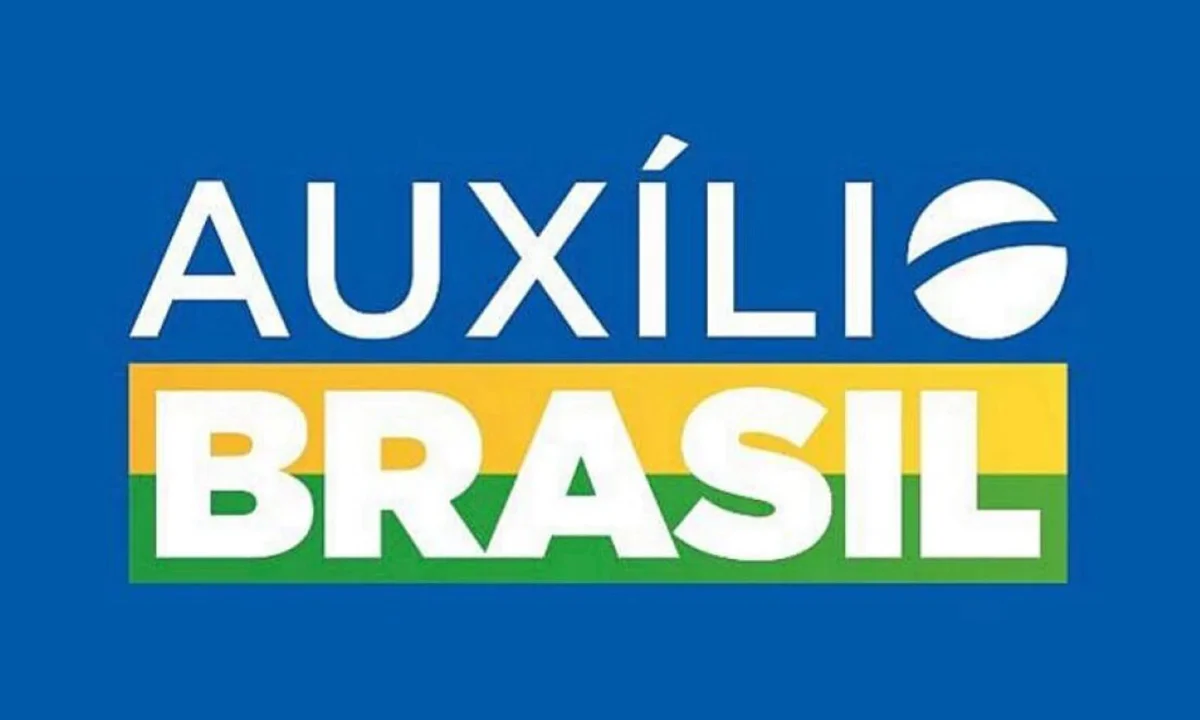Uncategorized
Bolsa Família in 2023: Does the benefit already have scheduled dates?
The end of Auxílio Brasil, which will be renamed Bolsa Família, is also guaranteed, as already foreseen in the Lula government plan.
Advertisement
Elected last Sunday, the 30th, Luiz Inácio Lula da Silva has already begun the transition process between governments. On Tuesday, 1, it was announced that Geraldo Alckmin (PSB), vice-president-elect, will be the coordinator of the transition team.
The main task of this group will be to determine with the National Congress where the resources will come from to fulfill the promises made by Lula during the campaign, including the Brazil Aid of R$ 600 and the inflationary adjustment of the minimum wage, promised several times.
The end of Auxílio Brasil, which will be renamed Bolsa Família, is also guaranteed, as already foreseen in the Lula government plan. The document, entitled “Guidelines for the Reconstruction and Transformation Program of Brazil”, summarizes the PT's proposals for its management in the period from 2023 to 2026.
Proposals for investment in education, combating hunger and improving public security are also part of the plan, as is the strengthening of the Unified Social Assistance System (SUAS), which centralizes social assistance actions.
Will the Bolsa Família Program return in 2023?
Everything indicates that the elected president should resume the old program created in 2004 in his first term as head of the Executive. The return of Bolsa Família during the Lula government, which was the subject of several declarations and promises made during the campaign, is already taking shape during the government transition period.
The 2023 budget rapporteur, Senator Marcelo Castro, awaits the proposal that will allow Lula to fulfill his promises as a presidential candidate in the first meeting with members of the transition team.
Now Lula's team, together with the National Congress, must find a way to accommodate the maintenance of Bolsa Família (currently Auxílio Brasil) of R$ 600, the extra additional of R$ 150 for children under 6 years old and the real salary adjustment minimum for 2023, proposals that do not have a budget foreseen for the year 2023.
Castro is expected to meet with the presidential election team soon, when the proposals are expected to be discussed. Sources close to Lula revealed that the PT team is considering submitting to Congress a Proposed Amendment to the Constitution, called the PEC for national reconstruction, to move forward with the proposals.
Item 20 of the Lula government plan deals exclusively with the return of the Bolsa Família program.
Who can receive Bolsa Família?
As the election was recent, there is little information about the target audience for the new program. However, it is expected that Bolsa Família will continue to benefit Brazilians who live in situations of social vulnerability.
Therefore, the government identifies these families based on income criteria. For example, in Auxílio Brasil families can receive the benefit with the following income range:
- Families in extreme poverty: monthly income per person of up to R$ 105;
- Family in poverty: monthly income per person between R$ 105.01 and R$ 210.
Does the program already have a calendar for 2023?
It has not yet been defined when the old program will replace the current Auxílio Brasil. For now, the government transition team needs to work to secure the budget to maintain the benefit at R$ 600 next year, as the amount is temporary and will be paid until December 2022.
Normally, the payment schedule for social benefits is published at the beginning of each year, more precisely in January. Therefore, the payment dates for the social program, whether Auxílio Brasil or Bolsa Família, should only be valid for 2023.
The calendars of recent years have always paid beneficiaries in the last fortnight of each month.
CadÚnico will continue to be a requirement
Created in 2001, the Single Registry brings together a series of data on Brazilians living in vulnerable situations in the country. This database serves as a reference for governments to reflect on public policies and actions aimed at the portion of the population that lives in low-income situations.
CadÚnico was used by the federal government to map families that could benefit from the Bolsa Família program. To register with CadÚnico, the Family Responsible must prove:
- Monthly income of up to half the minimum wage (R$ 606) per person;
- Monthly income higher than this amount as long as the family is connected to or desires a program/benefit that uses the Single Registry as a concession.
Registration in the Cadastro Único was adopted as the main form of entry into the Auxílio Brasil program. Thus, to be part of the program, families did not need to register, they just needed to be in the CadÚnico database, have their data updated and receive a monthly income per person of up to R$ 210.
Whoever gets a job will lose their right to benefits?
One of the most common pieces of information about the previous program was that families benefiting from Bolsa Família could not get a job, otherwise they would lose the right to receive the benefit.
This fact was even part of President Jair Bolsonaro's speech, in which he listed the differences between the old program and Auxílio Brasil created during his term. “If such a person got a job, he would lose […]. She became a slave to your program called Bolsa Família“, explained Bolsonaro in one of the debates during the campaign.
However, the information is incorrect. The Bolsa Família beneficiary who entered a job with a formal contract did not automatically lose the right to the benefit.
As family income was the criterion for remaining in the program, the beneficiary could continue receiving Bolsa Família and working in a formal job as long as the monthly income did not exceed the poverty line (R$ 178 per family member).
The same criteria were adopted in the creation of Auxílio Brasil with the updating of income bands in 2021. The extreme poverty band went from R$ 89 to R$ 105 and the poverty situation went from R$ 89.01 to R$ 178 to R$ 105.01 to R$ 210.
Auxílio Brasil beneficiaries who formalize themselves as MEI or take up a formal job also do not lose their right to the benefit, as long as they are within the income ranges mentioned above.
Furthermore, the Bolsonaro government reused the so-called permanence rule that already existed in the Bolsa Família program, which guarantees the family to receive the benefit for a period of 2 years if there is an increase in income.
See more:
About the author / Tiago Menger
Trending Topics

PIS/PASEP: 2021 calendar should start in February 2023
Those who work with a formal contract are curious to know when the government should release the PIS/PASEP for the 2021 base year.
Keep Reading
Bolsa Família: Payment of the 13th in a single installment is confirmed for this state
Beneficiaries of the Bolsa Família program will receive 13. According to the Government, payment will take place from the month of June.
Keep ReadingYou may also like

INSS releases new batch of the 13th; See who gets paid today
A new INSS payment starts next Thursday (24). This month, a portion of retirees will receive the 13th INSS in a single installment.
Keep Reading

